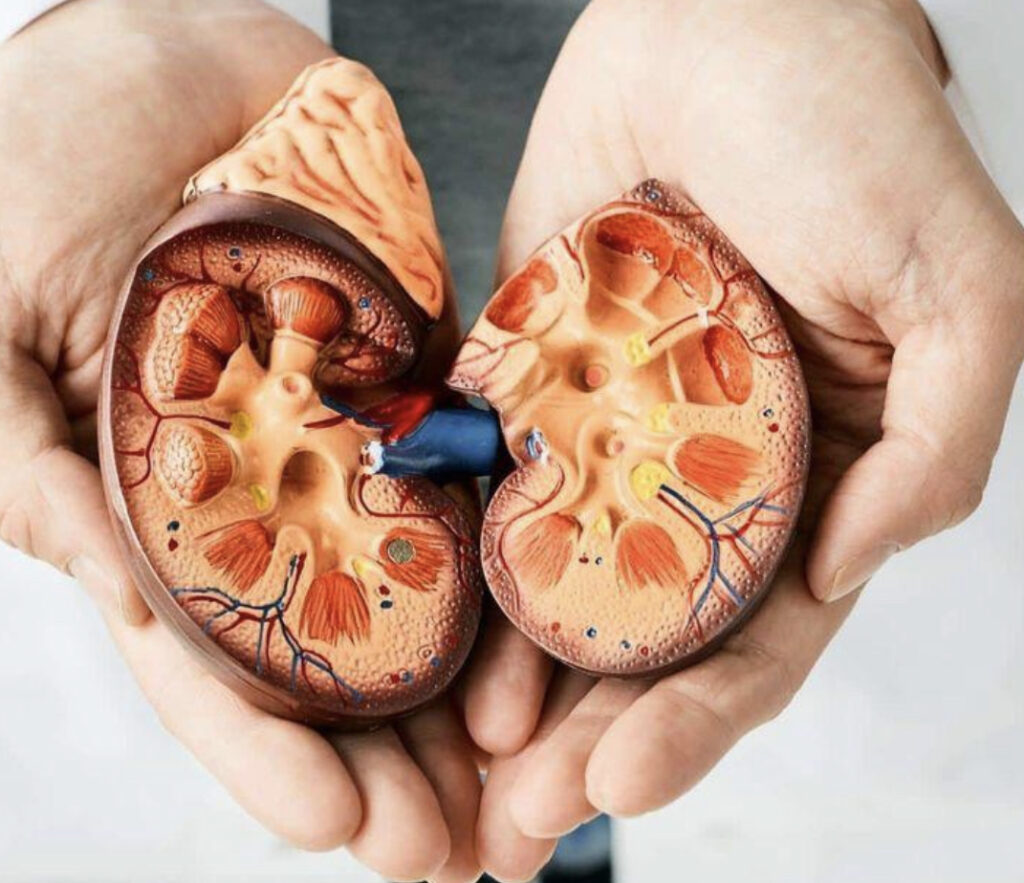
By Rofiat Adams
Chronic diseases are long-lasting health conditions, often persistent, which span over a long duration of time and require continuous medical attention across time. Some of the chronic diseases include the following:
– Diabetes: A metabolic disorder affecting blood sugar levels
– Hypertension: Raised blood pressure causing heart diseases and stroke
– Cancer: An abnormal and uncontrollable growth of body cells that can occur in various parts of the body
– Arthritis: Inflammation of the joints causing pain and stiffness.
– Asthma: A respiratory condition that causes constriction of the airways.
– COPD: Progressive lung disease
– Kidney Disease: Gradual loss of kidney function
– Cardiovascular Disease: Diseases of the heart and Blood Vessels
These can be pretty significant quality-of-life-influencing diseases, and their timely diagnosis and management can be very important. Risk factors include:
– Family history
– Unhealthy diet
– Physical inactivity
• Smoking
– Excessive alcohol consumption
– Obesity
Early detection and management are essential and important in the prevention or slowing of disease progression; combining a few strategies for the management of chronic diseases:
– Lifestyle modifications (e.g., healthy diet, regular exercise, stress management)
– Adherence to medications
– Regular health check-ups and monitoring – Patient education and support Moreover, it is very essential to realize the role of chronic diseases in causing mental illnesses and therefore their effects on the general wellbeing of a person. If not addressed, the emotional and psychological impacts that arise from living with a chronic disease may hinder complete healthcare.
